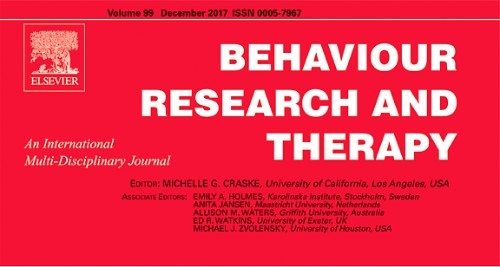The SOBC network convened on January 10-11, 2018, for the Third Annual Meeting of the SOBC Research Network Steering Committee and External Scientific Panel.
Many SOBC researchers have measured more than one aspect of self-regulation. Johannes Haushofer from Princeton University measured three aspects of self-regulation, including self-efficacy, executive function, and temporal discounting. For more information about Dr. Haushofer’s interesting and ambitious project and measures, see the spotlight interview in this same newsletter. Similarly, Jun Ma and Leanne Williams study self-regulation in three domains: regulation of self-reflection, cognition, and emotion. Within each domain, they measure dysregulation using several approaches. In the case of sad emotion, for example, they measure its dysregulation via passive sampling (e.g., the negative valence of text words), neuroimaging (e.g., co-activation of the brain network of the dorsal anterior cingulate, insula, and amygdala), and measurement of negative affect during affective evocative virtual reality tasks.
read more »








